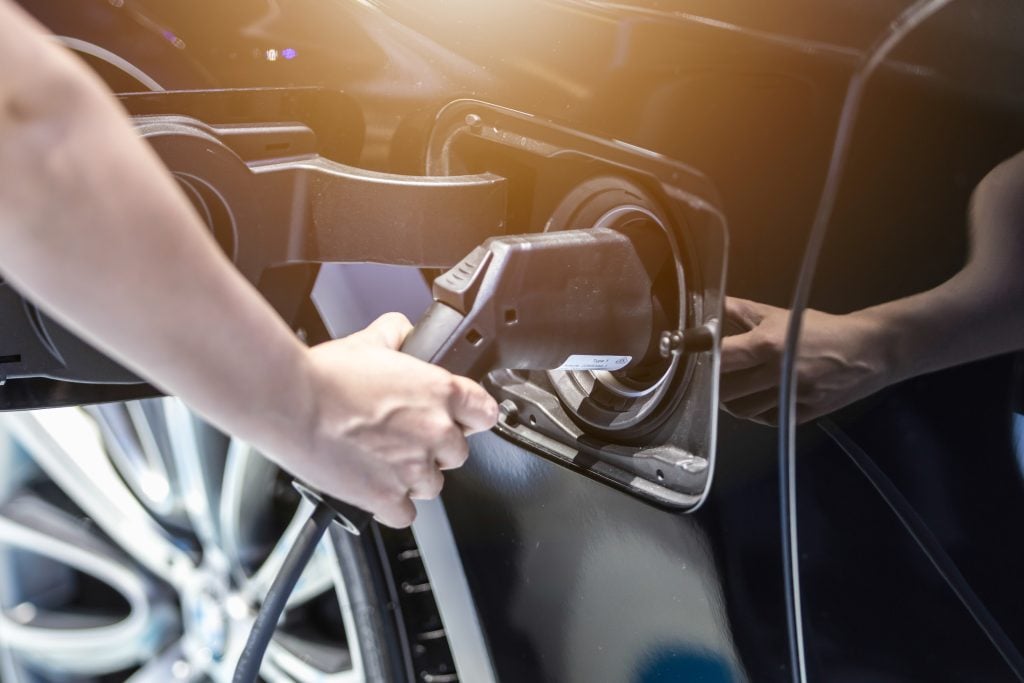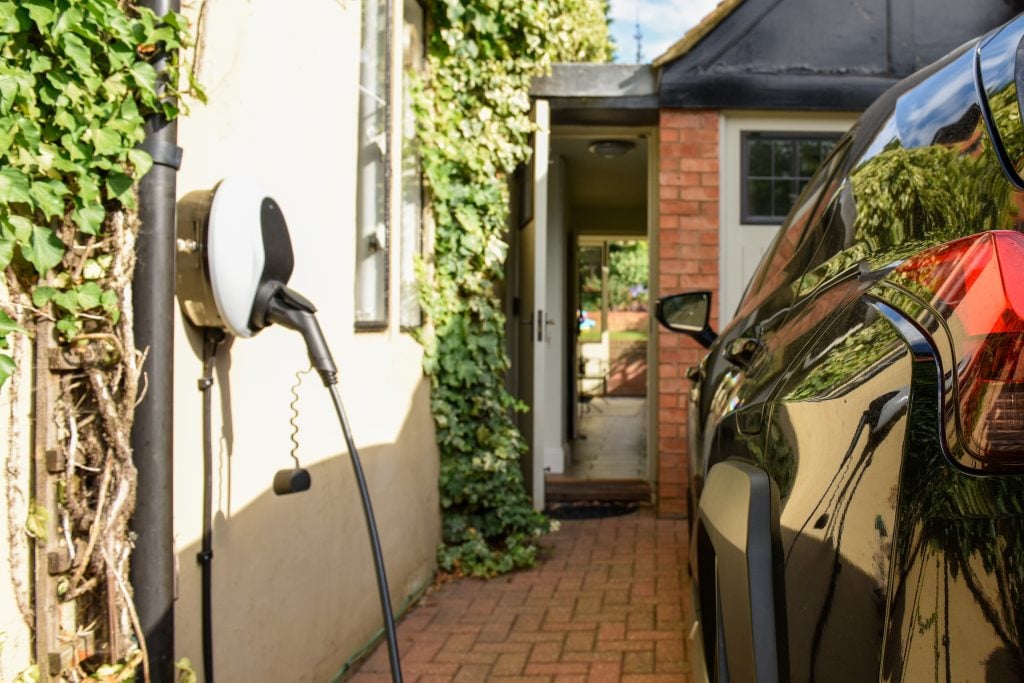Not sure about choosing a charger? Try our revamped Charger Finder!
Try our revamped Charger Finder!
- For Installations
- All our chargers come with a 1 year warranty
- Free Shipping
December 6, 2023
What EV charger should I purchase is the most frequent question we receive. You arrive home having purchased the perfect vehicle, and then the work starts to choose a home charging station. The reason is that there are different powers, different price points, different types, and various safety and location considerations. Buying or having solar is another consideration since EV Chargers with integrated smart solar capabilities can dramatically reduce cost. Also, EVs and plug-in hybrids have different power settings, meaning they are now always compatible with high-power chargers and can only accept a certain amount of power or current from the EV charger.
One of the first questions is if you park indoors or outdoors. If outdoors, you should consider EV chargers with higher waterproofing and resistance levels, such as a NEMA 4 enclosure or IP 67 or IP68 waterproof protection (the higher the number, the better. Both are common and necessary IP electrical enclosure ratings designed for outdoor grade protection. The AEFA EV charger is IP68 and will work in total submersion in water. See this video. Most owners I speak to generally charge in their garage.

If you are a homeowner, it warrants investing in a higher-power 240-volt EV charger. Typically, you will need to install a 240-volt outlet in your garage and mount it to the wall. Depending on the location of the charger, your state, and the electrical panel, this can run between $750 and $3,000. If you are a homeowner, this makes sense. If you are a renter, you may not be allowed to, or you may not get the full benefit in the future due to landlord considerations.
Most folks who work from home and perhaps don’t commute out every day can manage with a level 1 5-15 of 5-20 EV charger. I have spoken to homeowners who keep their car on a level 1 charge for several days so that it is ready if they commute and then choose to top up with commercial chargers, especially if they are close by.
If you use your vehicle daily for commuting, grocery runs, visiting friends, or school runs, and it is a pure electric vehicle, you will need a 240-volt charger. Ideally, it is a level 2 48 amp or 40 amp plug-in charger. These EV chargers will provide the fastest charge. Older plug-in hybrids, such as a Ford Fusion or Prius Prime, are fine with having EV chargers such as a level 1. Newer plug-in hybrids such as a Kia Sorento or Hyundai Tucson with larger batteries are better suited to higher power level 2 EV chargers.

Some extended-range vehicles and trucks, such as the 150 Lightening, Hummer EV, or Rivian’s EVs, have very large batteries. The F150 Lightening has an extended range battery of 131 kWh, which means it is better suited for high power level 2 EV charging. The highest power residential charging is 48 amps (Ideally on a 60 amp breaker). This is achieved by hardwiring the charger directly into the panel breaker with no plug. Here is our recommended hardwired Wallbox 240 volt 48 amp EV charger
The use of solar panels can significantly reduce the cost of EV charging, especially during the daytime. An EV charger with solar compatibility can have a smart feature that will pull electricity generated from solar panels rather than the grid. The Wallbox Pulsar has a smart feature, Solar panel integration, so that you can charge your EV with 100% solar energy during peak hours and switch back to the grid or choose a mix during off-peak or super off-peak hours.
If you have an electrical panel in an unusual place, such as the back of your yard, in a utility room, or far away from your garage, this can mean that installing a hardwired charger is against code since a hardwire charger cannot be more than 12 feet from the electrical panel. Equally, even a 240-volt plug installation can be expensive since running the conduit far from the panel is very expensive. In this situation, you could consider sticking to a regular residential 3-pin outlet and save on the installation unless you have a fully electric vehicle and commute daily.
As a general rule of thumb, a 14-50 level 2 EV charger is a good all-round charger. It is our most popular selling charger.
Please contact us if you have further questions!
Victoria Vallas